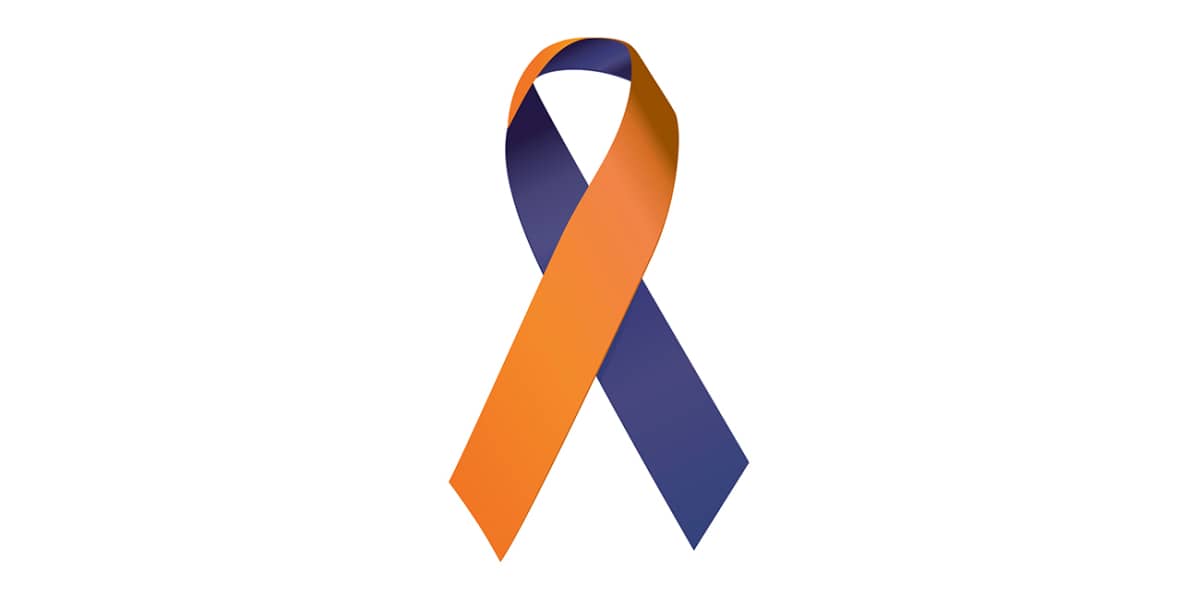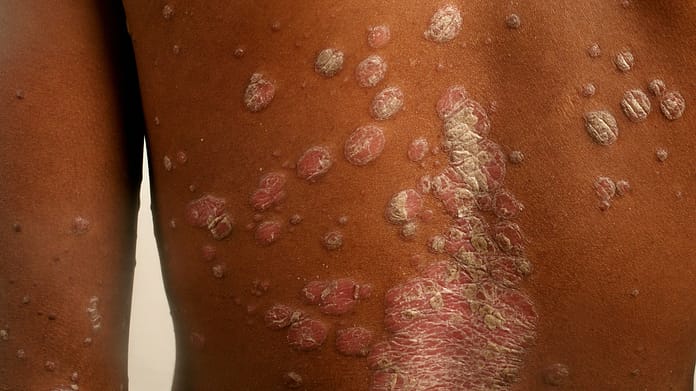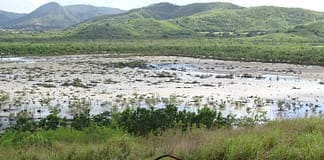
World Psoriasis Day is observed on the 29th of October; however in Antigua and Barbuda there is no educational awareness campaign to assist those living with the condition and the day usually passes without recognition.
Dr Maria Pereira revealed that about 1-3 percent of Antigua and Barbuda’s population is affected by psoriasis, which accounts for 2000-3000 persons of which 150-200 are adult patients with mild symptoms of plaque psoriasis.
Psoriasis is a genetic skin disease that causes red, itchy scaling patches, most commonly on the knees, elbows, trunk and scalp. It is a common, long term incurable chronic disease. This disease goes through cycles with some flare ups lasting for a few weeks to a month before subsiding intermittently or into remission.
There is no cure for the disease but there are treatments available to assist in managing the symptoms. There are also lifestyle habits and coping strategies which help persons to live better with psoriasis.
There are six types of psoriasis; the most common form is known as plaque psoriasis. Symptoms of the disease vary with some common signs including: red patches of skin covered with a thick, silvery scale, small scaling spots (commonly seen in children) as well as dry, cracked skin that may bleed or itch.
Additional signs of burning or soreness, thickened, pitted or ridged nails, swollen and stiff joints are common. Psoriasis patches can range from a few spots of dandruff-like scaling to major eruptions which cover the lower back, elbows, knees, legs, soles of the feet, scalp, along with face and palms.

Other forms of psoriasis include:
Nail psoriasis which affects the fingernails and toenails, causing pitting, abnormal nail growth and discolouration. In severe cases, this condition can cause nails to crumble.

Guttate psoriasis, is often triggered by a bacterial infection such as strep throat (pharyngitis caused by Streptococcus bacteria). It affects the skin and is mainly found in children and young adults. Noticeable signs are small drop shaped, scaling lesions on the trunk, arms, or legs.
Inverse Psoriasis which affects the skin folds of the groin, buttocks and breast. This causes smooth patches of red skin that worsen with friction and swelling. Fungal infections may trigger the types of psoriasis.
Pustular psoriasis is an uncommon and severe form of psoriasis, which causes widespread inflammation of the skin with small, white or yellow pus-filled blisters (pustules).
The pus contain white blood cells but is not a sign of infection. For those with lighter complexions, the affected areas will appear red.
Erythrodermic psoriasis is one of rarest and severest form of psoriasis; it causes intense redness and shedding of skin layers in large pieces which mainly affects the entire body. This form can be life-threatening due to infection by bacteria and fungi.
Psoriasis is believed to be caused by abnormal immune systems. Attributable risk factors include family history, bacterial, viral or fungal infections, injury to the skin such as cuts or severe burns, stress, obesity along with alcohol abuse. Those living with the condition can develop psoriatic arthritis which causes joint swelling, pains and degradation.
Psoriasis is not contagious or cancerous. It appears throughout the life cycle of the skin cell. It causes cells to build up rapidly on the surface of the skin. The extra skin cells form scale and red patches that are itchy and sometimes painful. The goal of treatment is to stop skin cells growing so quickly.
Diagnosis of psoriasis is confirmed via skin biopsy.
There is no known cure for this disease and most treatment is in the form of topical creams and steroids. Furthermore, creams containing tar and vitamin C are particularly useful for these patients. Sunlight too is a treatment with ten minutes of daily sunlight before 7am or after 4pm being good therapy.
Oral medications can also include beta-blockers, antimalarials, lithium and immunomodulators. Some medications are available in Antigua most notably methotrexate which is taken with folic acid to avoid complications.
Dr Pereira further emphasised that persons living with the disease should avoid stress and alcohol misuse as both can exacerbate symptoms.
Advertise with the mоѕt vіѕіtеd nеwѕ ѕіtе іn Antigua!
We offer fully customizable and flexible digital marketing packages.
Contact us at [email protected]















